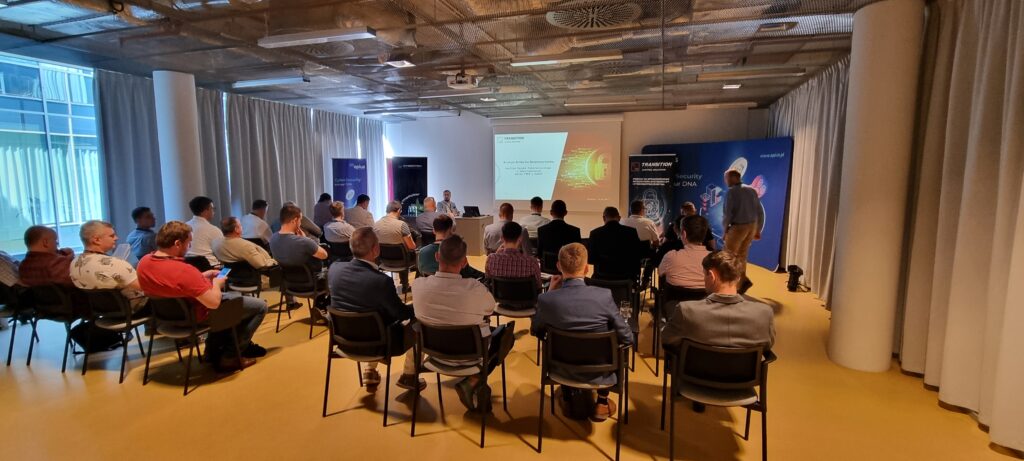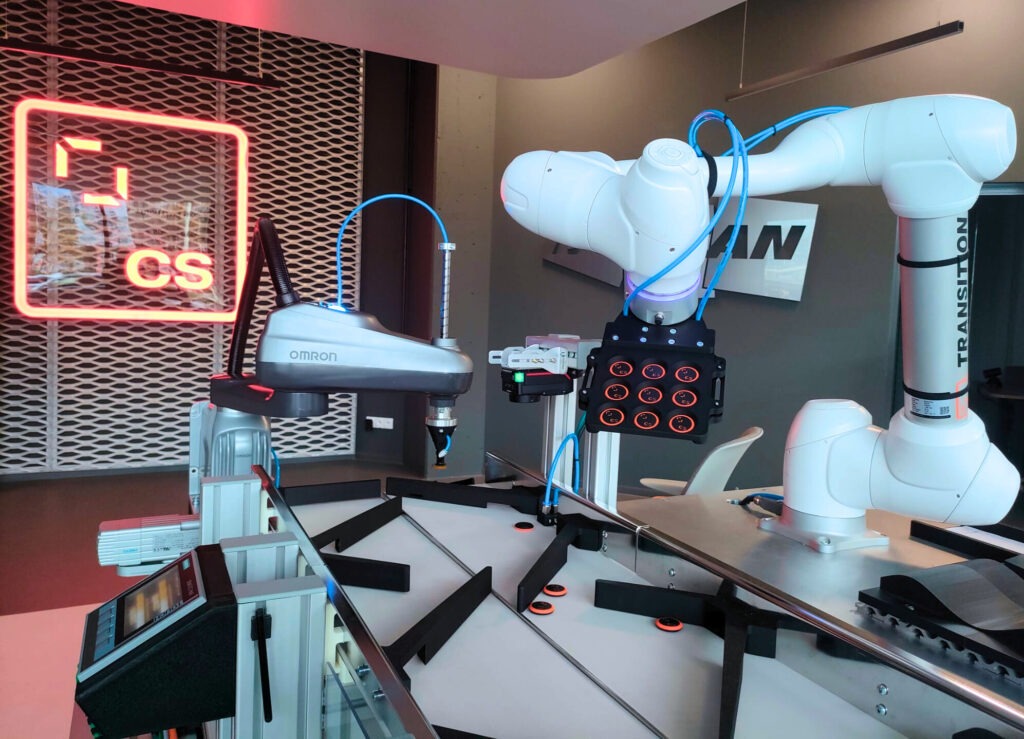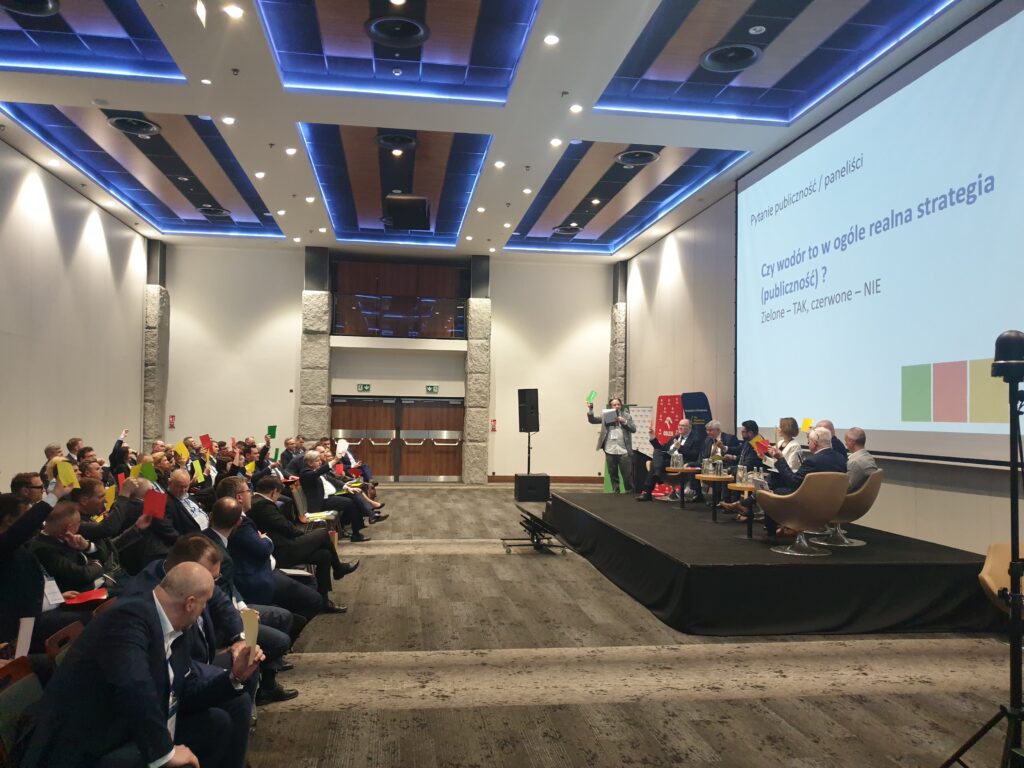In a fast-paced industry, the integration of diverse automation systems has become a key element in ensuring operational fluidity, as well as maximizing production efficiency. Complex manufacturing processes, supported by increasingly sophisticated technologies, require that all automation components – from control systems to monitoring devices – operate as a cohesive, harmonized ecosystem. Companies that have not implemented comprehensive systems integration expose themselves to serious challenges, such as lack of coordination between different technologies, difficulties in managing distributed processes, and increased risk of operational errors. This leads to decreased efficiency, extended downtime and increased maintenance costs, as well as a higher risk of failures and emergency shutdowns that can significantly disrupt production processes. Effective integration of automation systems not only minimizes these risks, but also enables better monitoring, management and optimization of processes at every stage of production, resulting in higher quality standards and operational reliability.
Systems Integration
Find out how we can support your business
Low operational efficiency
Lack of systems integration leads to operational inefficiencies as individual systems operate independently of each other, making management difficult. Our integration service brings together various equipment and technologies into one cohesive system, improving production efficiency and enabling faster decision-making.
Management difficulties
In plants with different control systems, monitoring and management can be time-consuming and complicated. By integrating systems, all processes can be monitored and controlled from a single point, providing better coordination of activities and increasing operational efficiency.
Increased risk of errors and failures
Distributed systems increase the risk of human error and failures, which can lead to downtime and costly repairs. With our systems integration service, production processes are better monitored and failures can be predicted and eliminated at an early stage, minimizing the risk of downtime.
Step by Step
Systems integration is a process that requires in-depth analysis, precise planning and professional implementation. Our team provides full support at every stage, from needs analysis to implementation and training, to ensure that integrated systems perform optimally.



Competitive Advantage
We are part of the renowned Transition Technologies Group, which has been creating the future of industrial technology since 1991. The group includes 21 companies, employs more than 2,280 specialists and operates from 27 offices around the world, operating with 100% Polish capital. Our mission is to provide innovative technology solutions that drive global industry growth.
- Innovation: We constantly invest in the latest technologies to keep our solutions at the forefront of innovation.
- Experience: More than three decades in the industrial technology market provide us with the knowledge and skills needed for the most demanding projects.
- Quality: We are ISO 9001:2015, ISO 27001:2013 and ISO 45001:2018 certified, confirming our commitment to the highest standards of quality and safety.
When you choose our solutions, you are investing in the future of your business – a future that is innovative, efficient and sustainable.
We work with the best:











Opinions of Our Customers

”From the very beginning of our cooperation, Transition Technologies-Control Solutions has made itself known as a reliable partner. What set them apart was their creative approach at the bidding stage. We were presented with several proposals for solutions based on which we could choose a target direction.</p>
Adam BombaProcess Manager
<p>During implementation, on the other hand, they acted with determination, solving successive problems that arose. Faced with the fact that the project was implemented in a difficult market environment, we often had to work together and develop remedies, often through compromise. Also, during the operation of the site, they reacted constructively and quickly to faults as they appeared.</p>
<p>TT-CS has proven itself as a trusted partner in challenging projects. We positively look forward to working together on future mechanical engineering projects.
Our experts guarantee the quality of services

He graduated from the Wroclaw University of Technology, majoring in automation and robotics, and from the University of Wroclaw and Lodz, where he studied Computer Science.
He has been with Transition Technologies Group since 2008, and has actively participated as a solution integrator in many projects around the world, in the field of industrial automation in the energy sector.
Since 2022, he has been the Director of Industrial Automation. strategic projects. He is responsible for the implementation of key projects for the company, mainly in the energy and Gas & Oil sectors at Transition Technologies-Control Solutions.

He is a graduate of Wroclaw University of Technology, where he completed his master’s degree in Automation and Robotics at the Faculty of Electronics, and Wroclaw University of Economics, where he completed postgraduate studies in Project Management. He has been an active engineer since 2011, focusing his interests in the area of process automation. He has been with Transition Technologies Group for more than five years, serving as an engineer and designer (instrumentation and control systems).
Since 2022, he has served as Manager in the Strategic Projects Department at Transition Technologies-Control Solutions.
He is a member of PIME. He holds Prince2 certification, which confirms his competence in managing large projects.
Its portfolio boasts a number of projects on strategic facilities and for critical infrastructure, including. leading the ACP work on the construction of Baltic Pipe.
He is currently expanding his knowledge and competence in the area of functional safety and hazard analysis.

A graduate of Kielce University of Technology, where he majored in Environmental Engineering at the Faculty of Construction and Environmental Engineering. His entire career has been in the technical industry, where he effectively combines engineering knowledge with business and interpersonal skills to support sales processes for technology and engineering solutions.
To grow in the field of industrial automation, he joined the TT-CS team. He is passionate about aquariums and terrariums, creating and nurturing complex ecosystems for aquatic and exotic animals. His hobby requires precision and patience, which is reflected in his professional approach to his work

A graduate of Wroclaw University of Technology, where he graduated in 1990 with a degree in Electron Technology from the Department of Electronics. He began his career as an assistant designer at the “Record” Automation Systems Company.
He has been with Transition Technologies Group for more than 26 years.
For more than 12 years, he has served as Project Manager at Transition Technologies-Control Solutions.
In his role, he manages the implementation of industrial automation projects.
We Are Here to Help
Are you interested in our offer?
Write to us for a personalized consultation.
- Individual counseling
- Tailored solutions
- Quick implementation
- Experts with experience
Fill out the form and get a free consultation
Questions
and answers
In the FAQ section, you will find answers to key questions about our services and processes, based on knowledge and experience. Our goal is to dispel doubts and provide clear information.
What is automation systems integration and why is it important?
Automation systems integration is the combination of different technologies, devices and control systems into a coherent ecosystem that works harmoniously and efficiently. It is important because it allows better management of production processes, eliminating inefficiencies and minimizing the risk of operational errors. An integrated system enables central monitoring and control, which increases the efficiency and operational reliability of the plant.
What are the benefits of integrating automation systems?
Integration of systems brings many benefits, such as improved operational efficiency, better coordination of processes, reduced operating costs and faster response to potential failures. In addition, integrated automation systems allow for easier monitoring of key production parameters, which supports decision-making processes and enables optimization of resource consumption, such as energy.
What are the most common challenges when integrating automation systems?
The most common challenges are the lack of compatibility between legacy and modern systems, the difficulty of managing data from different sources, and the need to minimize downtime during integration implementation. This requires precise planning and adaptation of the systems architecture to the specific needs of the plant. Ensuring the security of systems, especially in the context of remote monitoring and control, is also a significant challenge.
What technologies can be integrated into automation systems?
Automation systems integration can combine various technologies such as PLCs, SCADA systems, DCS (Distributed Control Systems), energy management systems, IoT sensors, and IT infrastructure. Integrating these technologies allows for complete control of processes, from the machine level to central data management systems, ensuring consistent and efficient operations across the plant.
What does the process of integrating automation systems look like?
The integration process begins with a needs analysis and specification of existing systems in the plant. An integration plan is then designed, which includes the selection of appropriate technologies and tools. Once the systems are implemented, testing and optimizations are carried out to ensure that all components work as expected. Finally, team training is conducted and technical support is offered to ensure long-term reliability.










